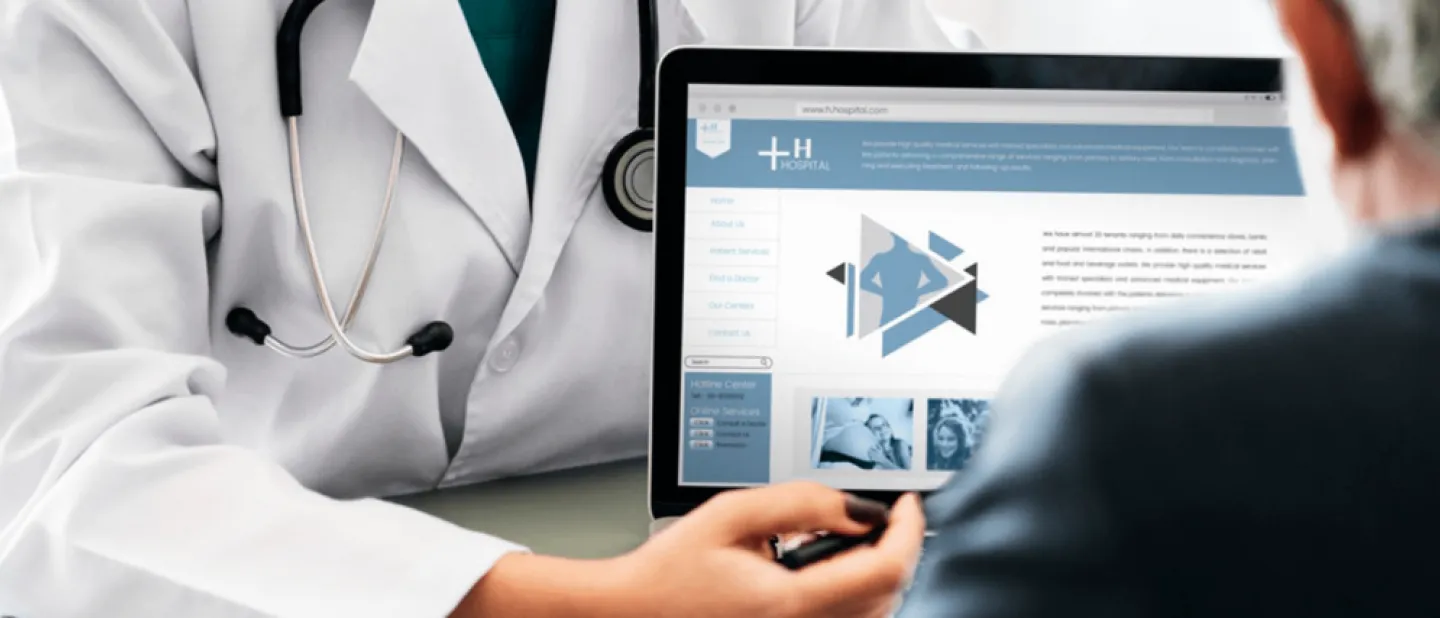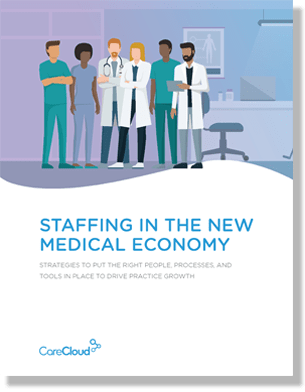WHAT IS MOBILE HEALTH TECHNOLOGY?
Mobile health technology surrounds us. Have you observed it? Let’s dig into the problems and possibilities we encounter with mobile health technology. A cardiology doctor stops by a patient’s room, removes her smartphone from the coat pocket, and checks the chart before entering. A well-child visit reminder is sent to a mother as a text message. She confirms the appointment and requests her smartphone to remind her one hour before the son’s visit.
A patient aged fifteen with diabetes utilizes an application on her smartphone to input glucose readings. Points are accumulated by her when the readings fall into the desired range. In addition to this, she accesses games through that same application, which act as reinforcement methods for handling diabetes with a diet plan.
A dad sends an email with a picture of his daughter’s rash to the doctor who cares for children (pediatrician) to find out if she must visit in person or if it’s possible that the rash can be handled with medicine available without a prescription. The dad could then talk with his doctor from home through virtual medicine.
What is the connection between these scenarios? They all represent actual uses of mobile health technology, which we call “mHealth” in short.
WHAT IS MOBILE HEALTH TECHNOLOGY?
Mobile health technology, also known as mHealth, is a fast-growing component in today’s health care that promises to improve and enhance health care. A recent survey found that 83 percent of physicians in the U.S. are already using mobile health technology or mHealth for patient care.
mHealth has the power to fill in care gaps by letting patients talk with their doctor or care team and the other way around, without needing a physical meeting. For instance, secure messaging enables physicians to inform parents when their child is out of surgery. It also permits healthcare professionals to communicate back and forth about patients, such as informing a nurse that a patient has arrived for an appointment.
Even with the potential and common use of mobile health technology, leaders in health care require answers to several unique problems. These problems include guarding patient data privacy when shared on portable devices, ensuring mobile health technology cooperates well with EHRs and other health techs, and deciding which mHealth apps are the most secure and efficient.
HOW POPULAR IS MOBILE HEALTH, AND IS IT HERE TO STAY?
The growth of online patient portals was driven by the Centers for Medicare & Medicaid Services Electronic Health Record Incentives Program, also known as “Meaningful Use”. Yet, healthcare professionals and decision-makers involved in increasing patient involvement now recognize that people use smartphone tools instead of less convenient patient portals.
CHALLENGES WITH MOBILE HEALTH
With the discovery of fresh uses for mHealth and enhancements to existing applications, patients have an increasing understanding and control over their health and healthcare. This is thrilling. However, those who aspire to participate in mHealth also face certain issues.
A main concern related to mHealth is the privacy of patients. The methods and health systems that utilize mHealth for transferring information about patients need to make certain that patient data is guarded as per HIPAA rules.
Another difficulty is understanding how mobile and other health technologies, such as electronic medical records, can and must interact with the interoperability problem.
Lastly, as more and more companies attempt to establish themselves in the mHealth market, it becomes difficult for practices and health systems to ascertain which mHealth apps are truly effective. It will suit their patients’ and providers’ requirements. The possibilities of mHealth are only starting to be explored. It’s a fascinating field to observe and one that truly holds transformative abilities for how healthcare gets delivered.
CONCLUSION
Mobile health technology, also known as mHealth, has the potential to transform how we provide and experience healthcare. It offers new ways for patients and professionals to engage in health activities through smartphones or tablets. This can range from receiving personalized health advice based on individual needs to monitoring chronic conditions like diabetes or asthma remotely with ease using apps linked to wearable devices such as smartwatches; all these possibilities make this field excitingly innovative. Mobile health technology is changing how we deliver and receive healthcare services, promising more convenient access for patients while improving outcomes.




